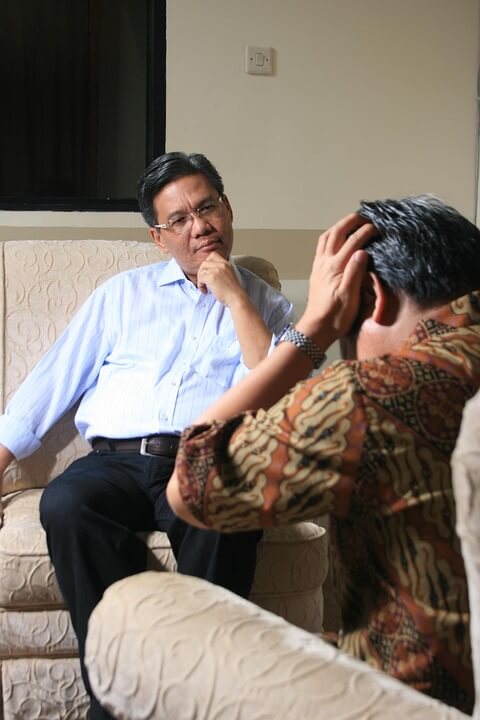

In this context, knowledge can no longer be thought of as stored in localized structures instead, it consists of the connections between pairs of units that are distributed throughout the network. Mental processes are interactions between these units which excite and inhibit each other in parallel rather than sequential operations. The authors' theory assumes the mind is composed of a great number of elementary units connected in a neural network.

They describe a new theory of cognition called connectionism that is challenging the idea of symbolic computation that has traditionally been at the center of debate in theoretical discussions about the mind. Jung (1951) proposed that the therapists capacity to. In supervision, a therapist relays their client’s issues to. That is, the psychological challenges, or wounds, of both trainee and client may manifest in supervision. What makes people smarter than computers? These volumes by a pioneering neurocomputing group suggest that the answer lies in the massively parallel architecture of the human mind. Parallel process is one of many elements included in psychotherapy supervision. If you can’t find the resource you need here, visit our contact page to get in touch.Įstablished in 1962, the MIT Press is one of the largest and most distinguished university presses in the world and a leading publisher of books and journals at the intersection of science, technology, art, social science, and design. The MIT Press has been a leader in open access book publishing for over two decades, beginning in 1995 with the publication of William Mitchell’s City of Bits, which appeared simultaneously in print and in a dynamic, open web edition.Ĭollaborating with authors, instructors, booksellers, librarians, and the media is at the heart of what we do as a scholarly publisher. Open Access Week 2022 – Open for Climate Justice.

Today we publish over 30 titles in the arts and humanities, social sciences, and science and technology. MIT Press began publishing journals in 1970 with the first volumes of Linguistic Inquiry and the Journal of Interdisciplinary History. Parallel process in psychodynamic supervision: The supervisor's perspective Nine postdoctoral-level experienced psychodynamic supervisors were interviewed about working with a supervisee on a case involving parallel process (PP) that started in therapy and was enacted in supervision. As a therapist, you can do two things: You can allow your own issues to get the best of you and get drawn into your clients spin very messy or you can use your own process to benefit the.


 0 kommentar(er)
0 kommentar(er)
